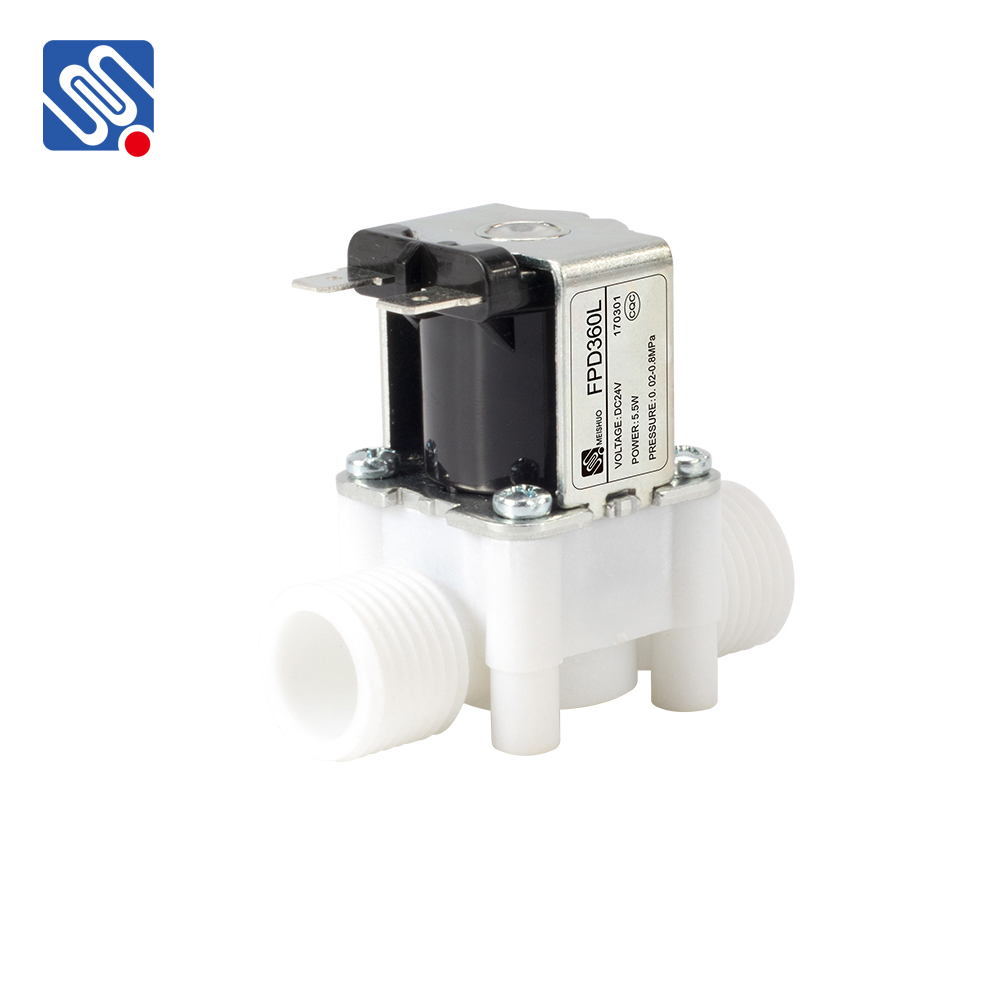A Plastic Water Solenoid Valve is a vital component in modern fluid control systems, particularly those that involve the management of water flow. It is designed to efficiently regulate the flow of water in a variety of applications, including irrigation systems, water treatment plants, and domestic water distribution systems. This valve operates using an electromagnetic coil to control the opening and closing of the valve, making it an essential tool in automated water control systems. This article will explore the design, working principles, benefits, and common applications of plastic water solenoid valves, shedding light on why they are becoming increasingly popular in fluid control applications.

What is a Plastic Water Solenoid Valve? A Plastic Water Solenoid Valve is a type of electrically operated valve primarily used for controlling the flow of water. Made from durable plastic materials such as PVC, ABS, and nylon, these valves offer excellent resistance to corrosion, making them suitable for use in environments where water contains various chemicals or impurities. Unlike traditional mechanical valves, solenoid valves rely on an electromagnetic field to control the valve’s operation, making them more efficient and faster in opening and closing. Working Principle of Plastic Water Solenoid Valves